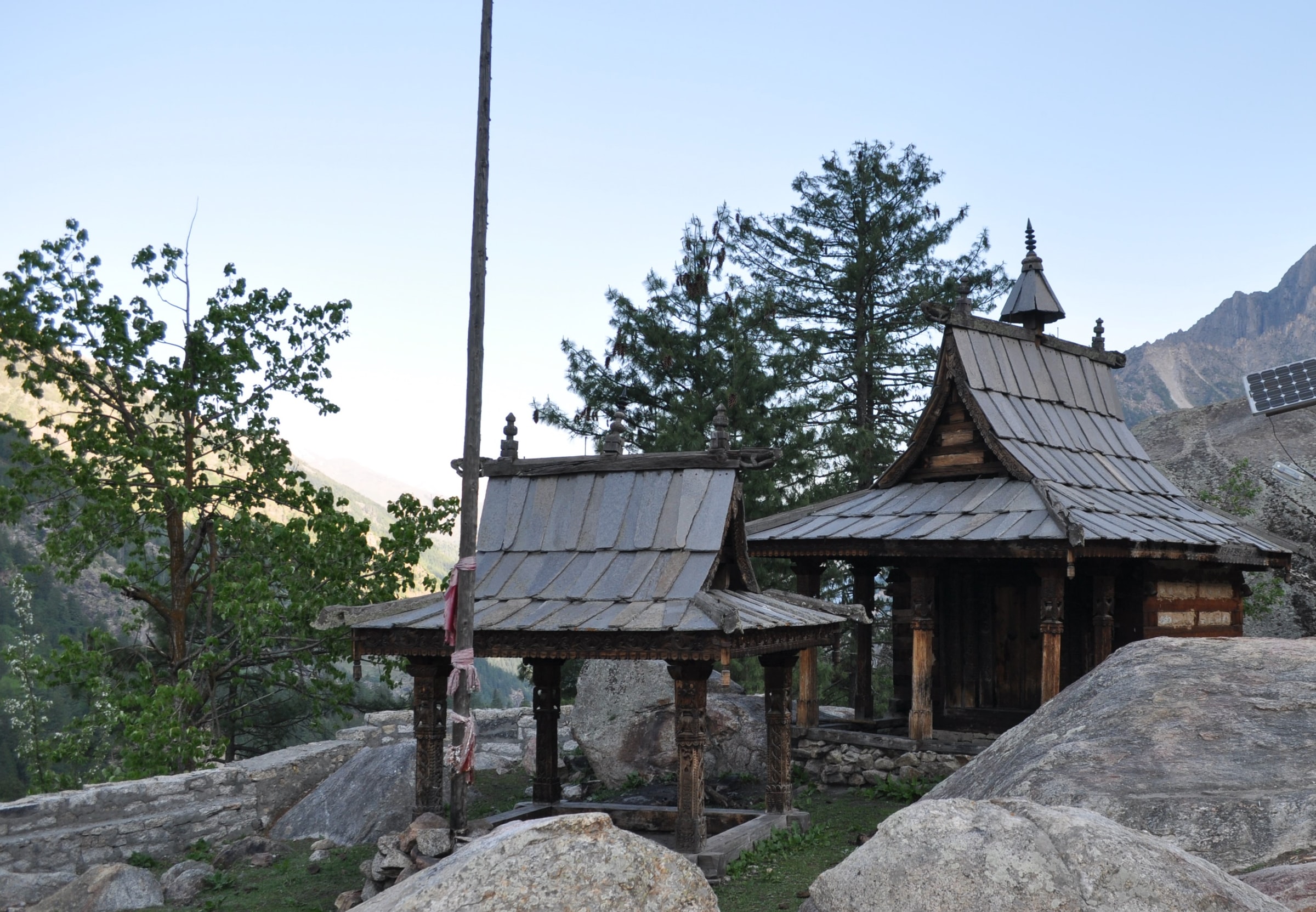Learnings from Vernacular Hill Settlements
Course Name: Learnings from Vernacular Hill Settlements
OCW type: PDP
Higher Education Institution: National Institute of Technology (NITH), Hamirpur

Description of course
Aim: To disseminate traditional knowledge of Resilient Vernacular Construction in Hills.
Course Objectives:
To edify a group of professional about community Resilience.
To disseminate the knowledge related to sustainable planning and designing of built environment in context to hill regions.
Understanding forces that are affecting our built form with changing societies.
To edify participants with issues in site development and built form (with focus on residential buildings) in the present context.
Making participants aware of stakeholders and their expectation in order to find solutions for future development in hill regions responsive to local socio-cultural context.
Learning Outcomes:
Upon successful completion of the course, the participants will be able to understand to resilience of vernacular construction techniques.
The course can contribute in making people responsive to decisions related to site selection, land suitability analysis, socio-cultural aspects and their role in shaping the built form in context with hill regions of Himachal Pradesh.
Course Structure
Course Duration: 05 days
Course Frequency: The course is designed for professionals in the field of architecture and planning and is part of the resilient dissemination series through five distinct conceptualized PDP’s.
Course Format:
|
Sl No |
Topic to be covered |
Remarks |
|
1 |
Lecture series and group discussions on hill regions |
4 hours |
|
2 |
Lecture series and group discussions on built form in relation to hill areas |
4 hours |
|
3 |
Lecture series and group discussions on response of built form(residential) to the socio-cultural aspects of hill regions |
4 hours |
|
4 |
Lecture series and group discussions on analysis and assessment of existing built form |
4 hours |
|
5 |
Lecture series and group discussions on skill development and role of stakeholders |
4 hours |
Course Content
Prerequisites for participation: Professional, academicians and participants from the reputed institutes and industry. Members of govt. bodies and NGO’s working in the field of capacity building, Disaster management and resilience.
Course Syllabus:
|
Sl No |
Day |
Topic |
|
1 |
Day 1 |
Traditional Settlements in the Natural Landscapes of the Hills |
|
2 |
Role of GIS in Construction Management |
|
|
3 |
Day 2 |
Methods of Enhancing Tourism in Hill Areas |
|
4 |
Spatial Planning in Hill Areas through GIS |
|
|
5 |
Day 3 |
Understanding Socio-cultural Response of Built up Spaces in Himachal Pradesh |
|
6 |
Geospatial applications for Planning and Designing in Hills |
|
|
7 |
Day 4 |
Analysis of Land Use and Land Cover Change using GIS |
|
8 |
Understanding the Built Form in Response to Hill Areas |
|
|
9 |
Day 5 |
Response of Built Form in context of Indigenous communities |
|
10 |
Vernacular Architecture and Planning Laws in Hill Regions |
Course Assignments: There are no assignments conceived for this course. Participation and active involvement in the lectures are sought.
Expected time spent on course:
Time spent in hours: 25 hours
Time spent in ECTS (European Credit Transfer and Accumulation System): 1 ECTS
Course Grading
Assessment Criteria and Distribution of Marks: There is no course grading /marking for this course.
Course Evaluation
Evaluation Procedure & Criteria:
Based upon the common evaluation proforma prepared by WP4 leader institutes.
Faculty Evaluation:
Feedback attached and submitted for the course to WP3 and WP4 leader institutes.
Student Evaluation:
There is no participant evaluation conceived for this course. Awarding the course completion certificate is based on both regular attendance and participation in the lectures.